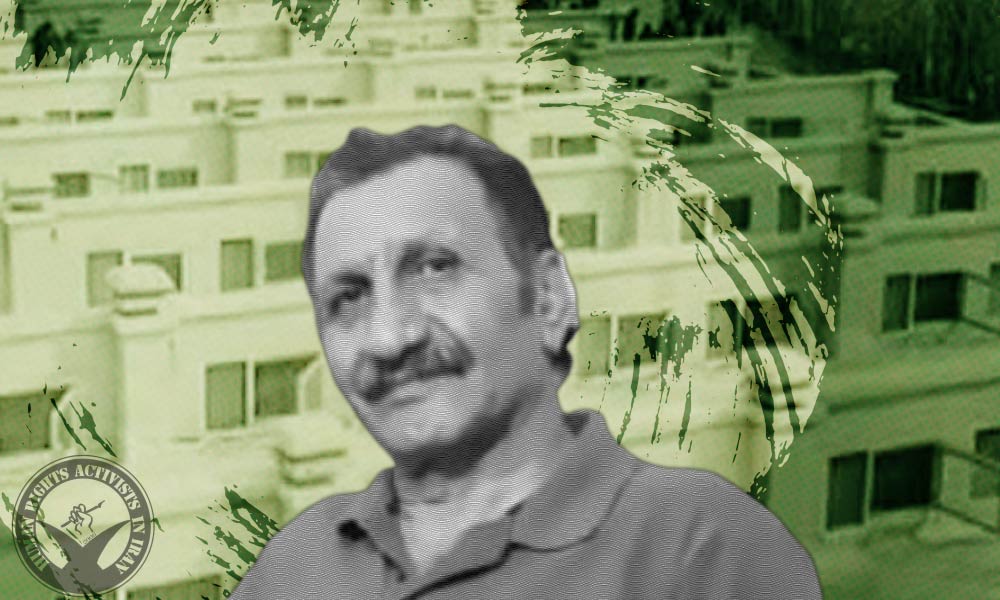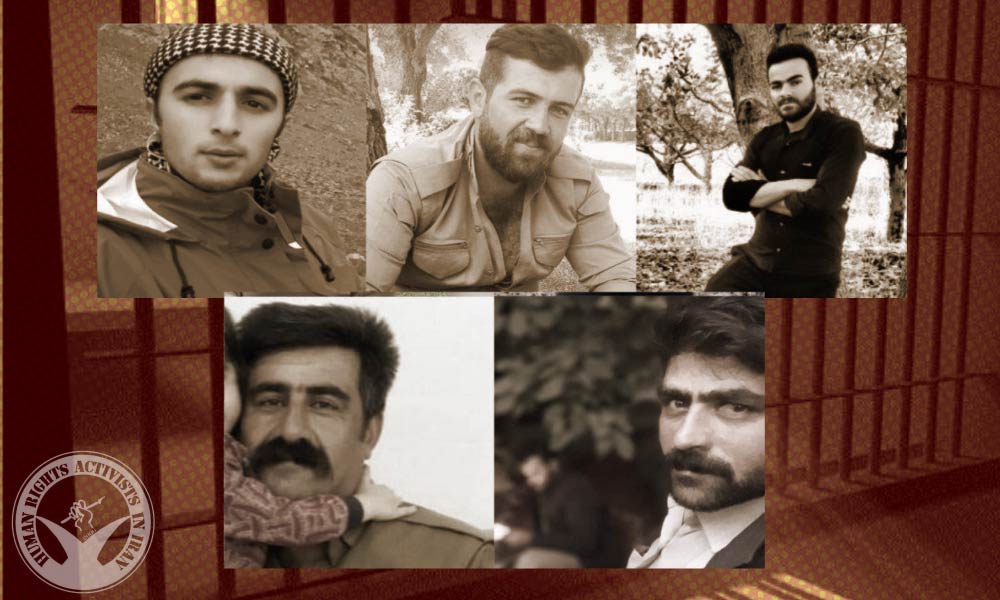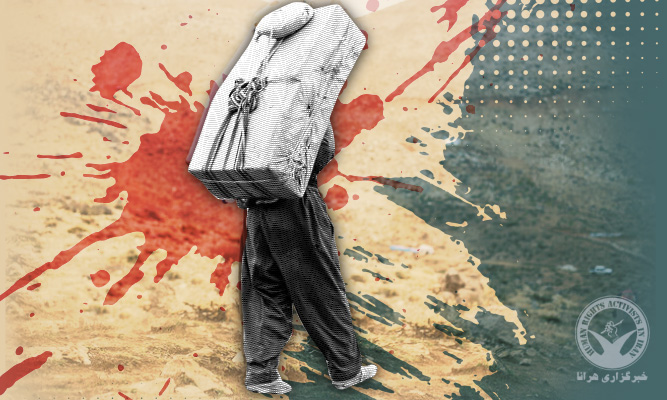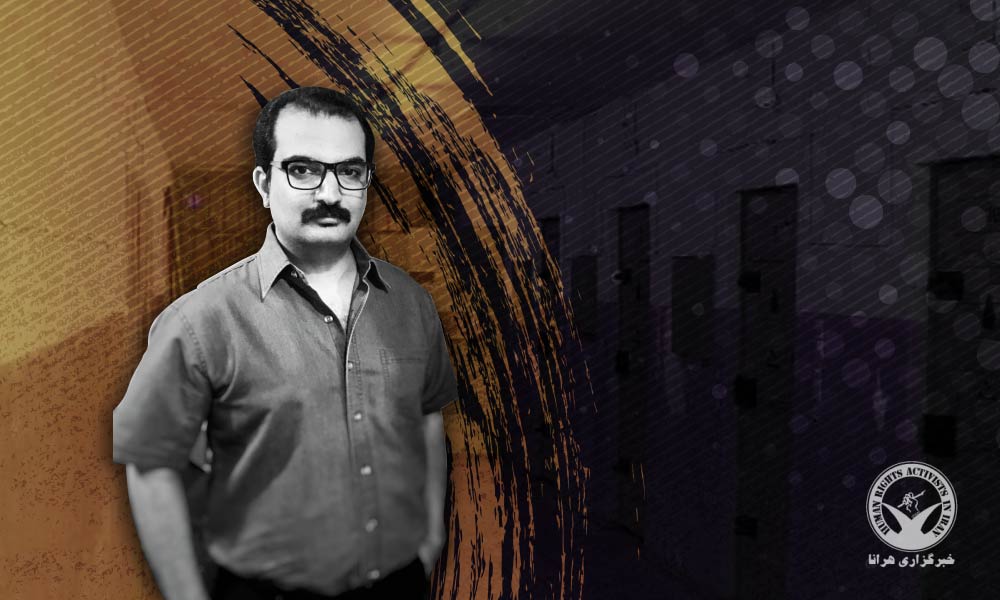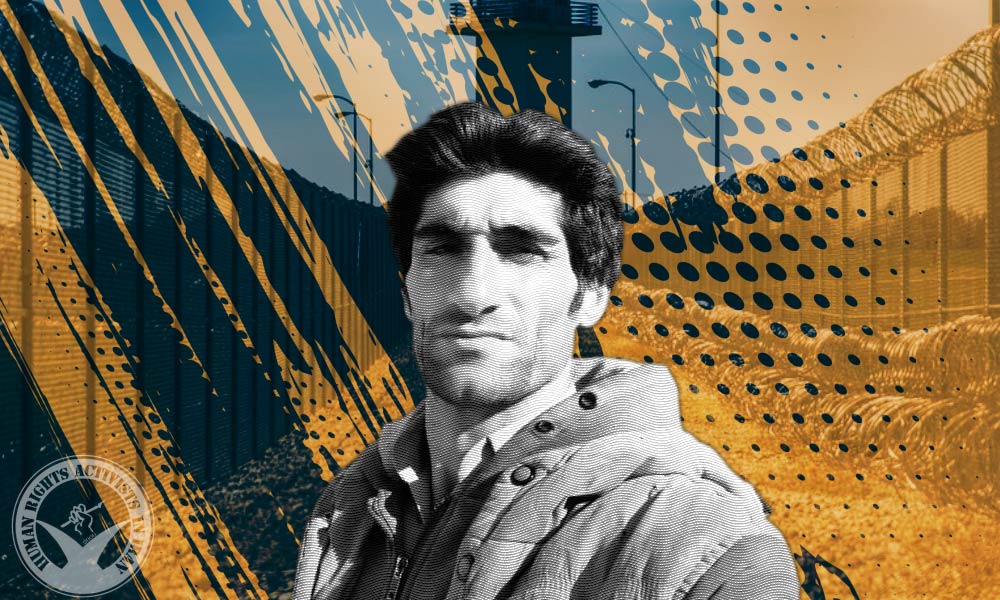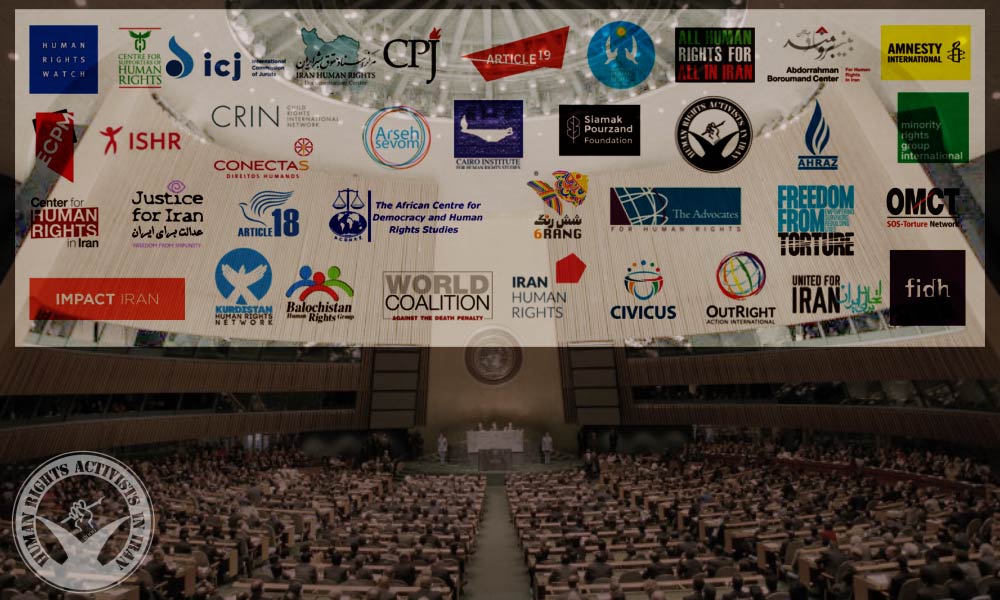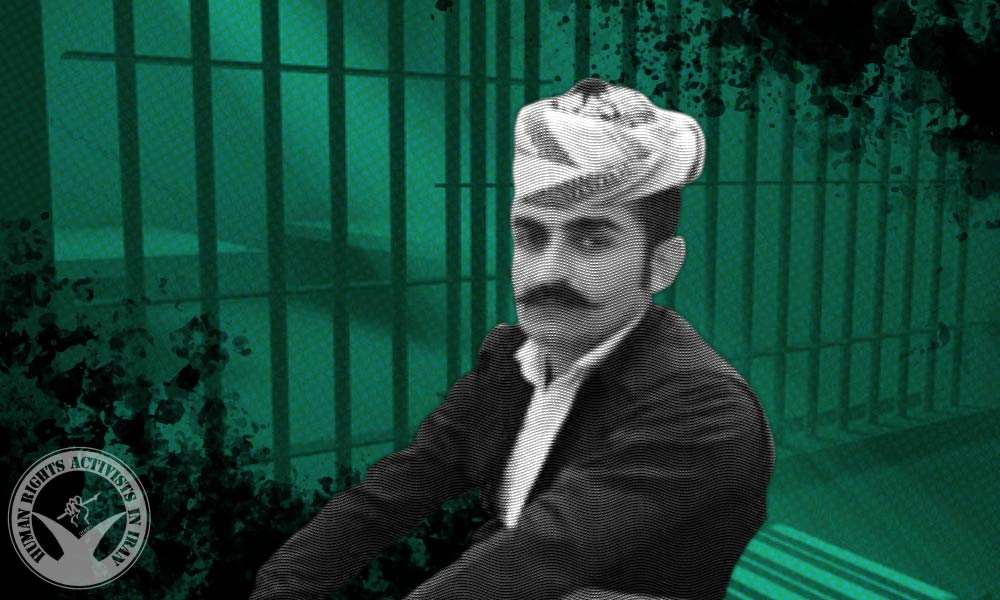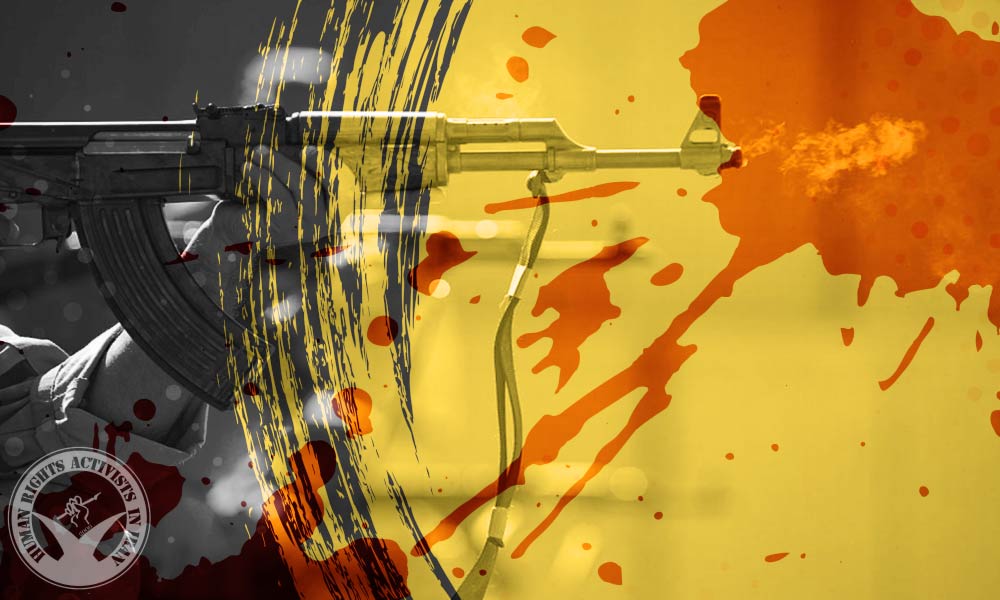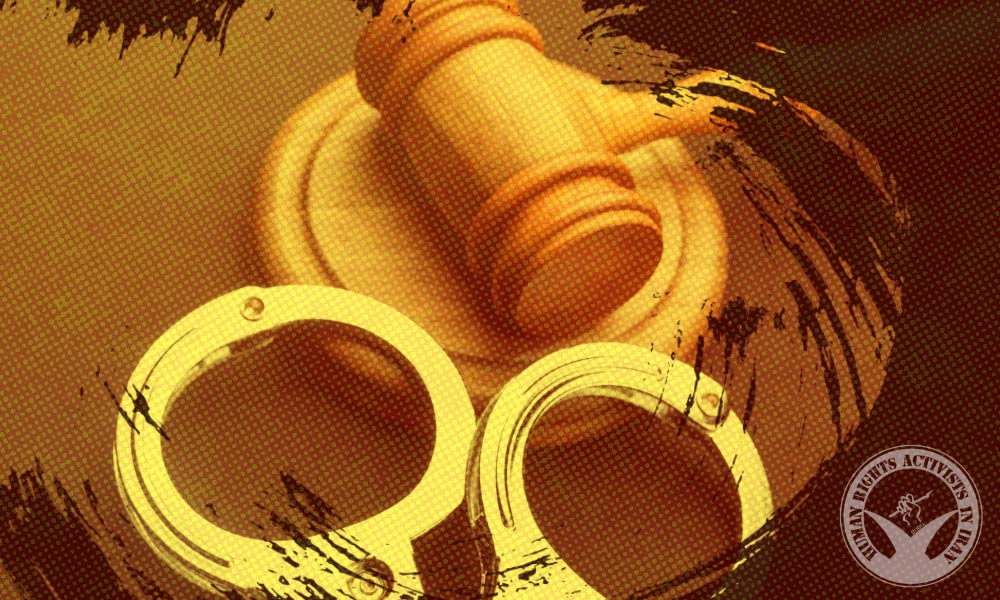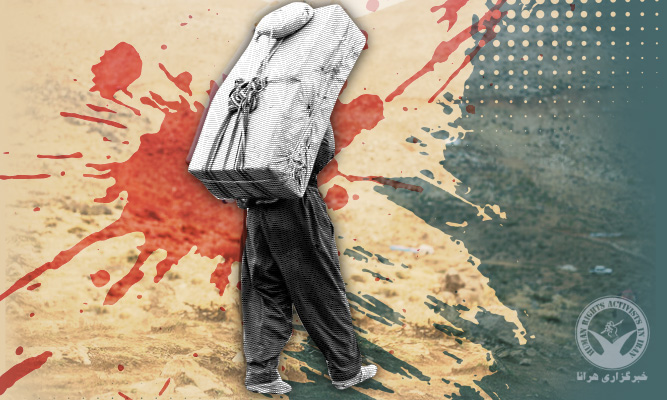Human Rights Activists in Iran (HRAI) has joined other human rights organizations to urge countries for supporting the renewal of the mandate of the United Nations (UN) Special Rapporteur on the Situation of Human rights in Iran.
Below is the full text of the letter, and the list of signatories:
TO: Member states of the United Nations Human Rights Council
Your Excellency,
We, the undersigned Iranian and international human rights organisations, call on your country to support the renewal of the mandate of the United Nations (UN) Special Rapporteur on the situation of human rights in Iran at the 49th session of the Human Rights Council (HRC). We also urge your government to use this opportunity to voice concern at the situation of human rights in Iran, and to answer the Special Rapporteur’s appeal for “the international community to call for accountability with respect to long-standing emblematic events that have been met with persistent impunity” at this session.
The renewal of this mandate is essential in light of the persistence of a pattern of serious human rights violations and international crimes committed by Iranian authorities, as extensively documented by civil society monitors and by the Special Rapporteur.
At this session, the Council is yet again being presented with evidence of gross violations of the right to life, including through the use of the death penalty against child offenders in violation of the absolute prohibition on the use of the death penalty against persons who were under the age of 18 at the time of the crime and through its use for offences not meeting the threshold of “most serious crimes” under international law. Throughout the past year, authorities executed men and women sentenced to death in grossly unfair trials managed by a deeply flawed judicial system that according to the Special Rapporteur “acts as a repressive organ instead of an independent body towards which individuals seek recourse”.
The Council is also being presented with evidence of the continued unlawful use of lethal force by law enforcement and other state agents against protesters, bystanders and border couriers, leading to scores of killings and hundreds of serious injuries including blinding. Since the renewal of the mandate last year, there have been multiple suspicious deaths in custody following credible allegations of torture and denial of health care. Consistent with entrenched patterns of impunity, none of these violations have been investigated or punished.
In the past year, human rights defenders, including labour rights defenders, bereaved relatives of those killed by security forces seeking justice, as well as lawyers and journalists have continued to be judicially harassed and arbitrarily detained. Dual and foreign nationals remained arbitrarily detained “as a means to put pressure on foreign Governments.” Iranian authorities also banned additional media outlets and social media platforms and imposed local Internet shutdowns during protests, further curtailing the right to freedom of expression.
As highlighted in the report of the Special Rapporteur, discrimination in law and practice remains pervasive and perpetuates violence against women and girls; persons belonging to ethnic or linguistic minorities, including Ahwazi Arabs, Azerbaijani Turks, Baluchis, Kurds and Turkmen; persons belonging to religious or belief minorities, including Baha’is, Christian converts, the Yarsan (Ahl-e Haq), Sunni Muslims, atheist beliefs and non -believers , as well as lesbian, gay, bisexual, transgender and intersex (LGBTI) people.
These long-standing patters of human rights violations have been facilitated by what the Special Rapporteur describes as “institutional impunity” due to “the absence of a system for accountability for violations of human rights“, within a system where “obtaining accountability for human rights violations becomes arbitrary at best and impossible at worst.”
In such a context, the mandate of the Special Rapporteur on the situation of human rights in Iran is more than ever critical to monitor, document and report to this Council on steps taken by Iran to uphold its human rights obligations or of its failure to take such measures. It is essential to engage with Iranian authorities on issues of concern, and to make potentially life-saving urgent appeals and other communications.
The mandate draws the attention of this Council to the voices of survivors, victims and their families, and its expert findings and recommendations steer and inform the efforts of UN bodies and member states to encourage Iran’s authorities to undertake long overdue human rights reforms and hold them to account for human rights violations.
For these reasons, we urge your government to support the renewal of the mandate of the UN Special Rapporteur on the situation of human rights in Iran at this session and to press Iran to give the expert unfettered access to the country. We also call on your government to voice concern at the dire situation of human rights in Iran, and to send a strong message to the Iranian authorities that the cycle of impunity must be broken.
Abdorrahman Boroumand Center for Human Rights in Iran (ABC)
The Advocates for Human Rights
African Center for Democracy and Human Rights Studies (ACDHRS)
All Human Rights for All in Iran
Amnesty International
Arseh Sevom
Article 18
ARTICLE 19
Association for the Human Rights of the Azerbaijani people in Iran (AHRAZ)
Balochistan Human Rights Group
Cairo Institute for Human Rights Studies (CIHRS)
Center for Human Rights in Iran
Centre for Supporters of Human Rights
Child Rights International Network (CRIN)
CIVICUS – World Alliance for Citizen Participation
Committee to Protect Journalists (CPJ)
Conectas Direitos Humanos
Ensemble Contre la Peine de Mort (ECPM)
Freedom from Torture
Human Rights Activists in Iran (HRA)
Human Rights Watch
Impact Iran
International Commission of Jurists
International Federation for Human Rights (FIDH)
International Service for Human Rights (ISHR)
Iran Human Rights
Iran Human Rights Documentation Center (IHRDC)
Justice for Iran
Kurdistan Human Rights Association – Geneva (KMMK-G)
Kurdistan Human Rights Network (KHRN)
Minority Rights Group International
OutRight Action International
Siamak Pourzand Foundation (SPF)
United for Iran
World Coalition Against the Death Penalty
World Organization Against Torture (OMCT)
6Rang – Iranian Lesbian & Transgender Network



